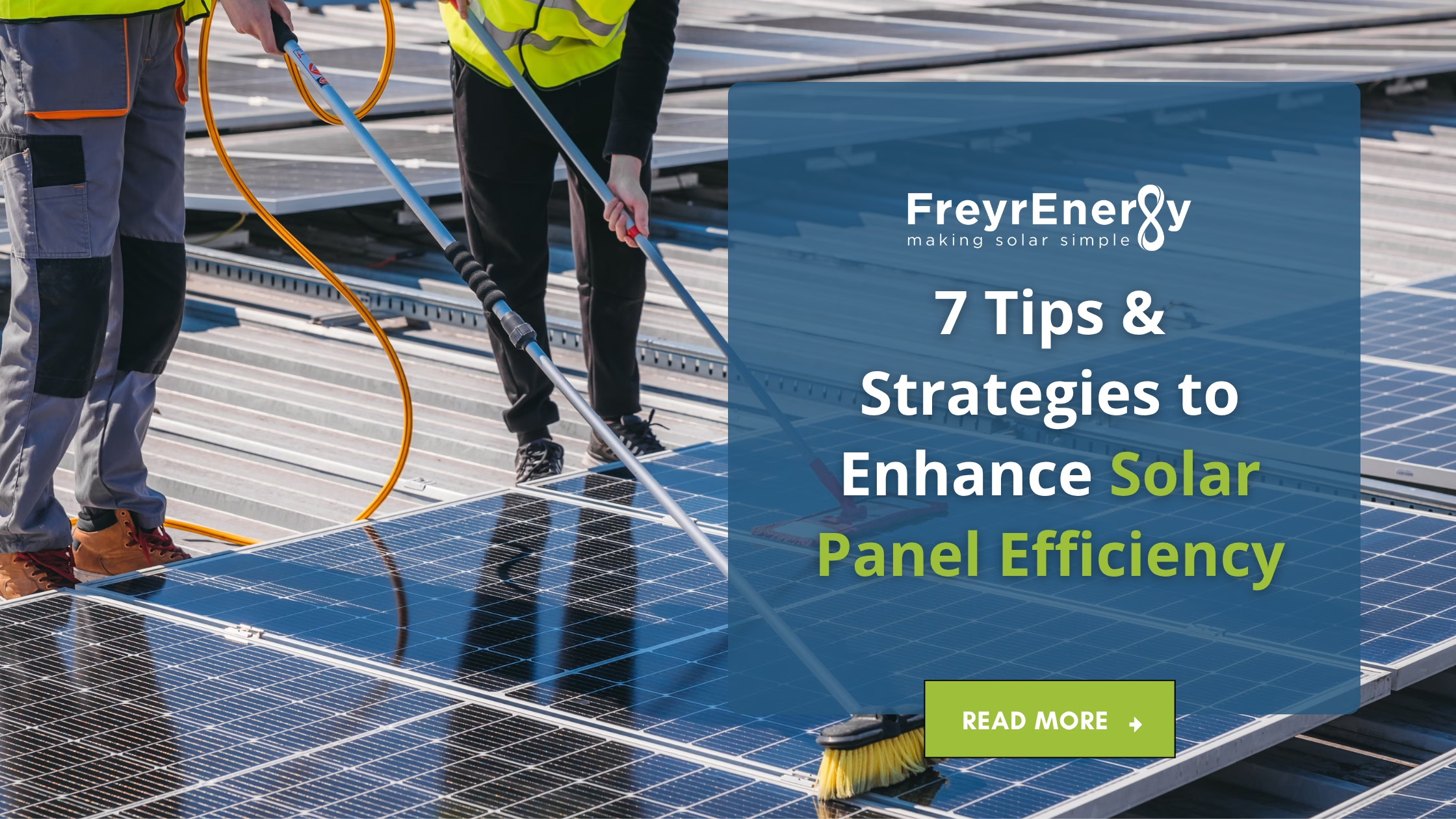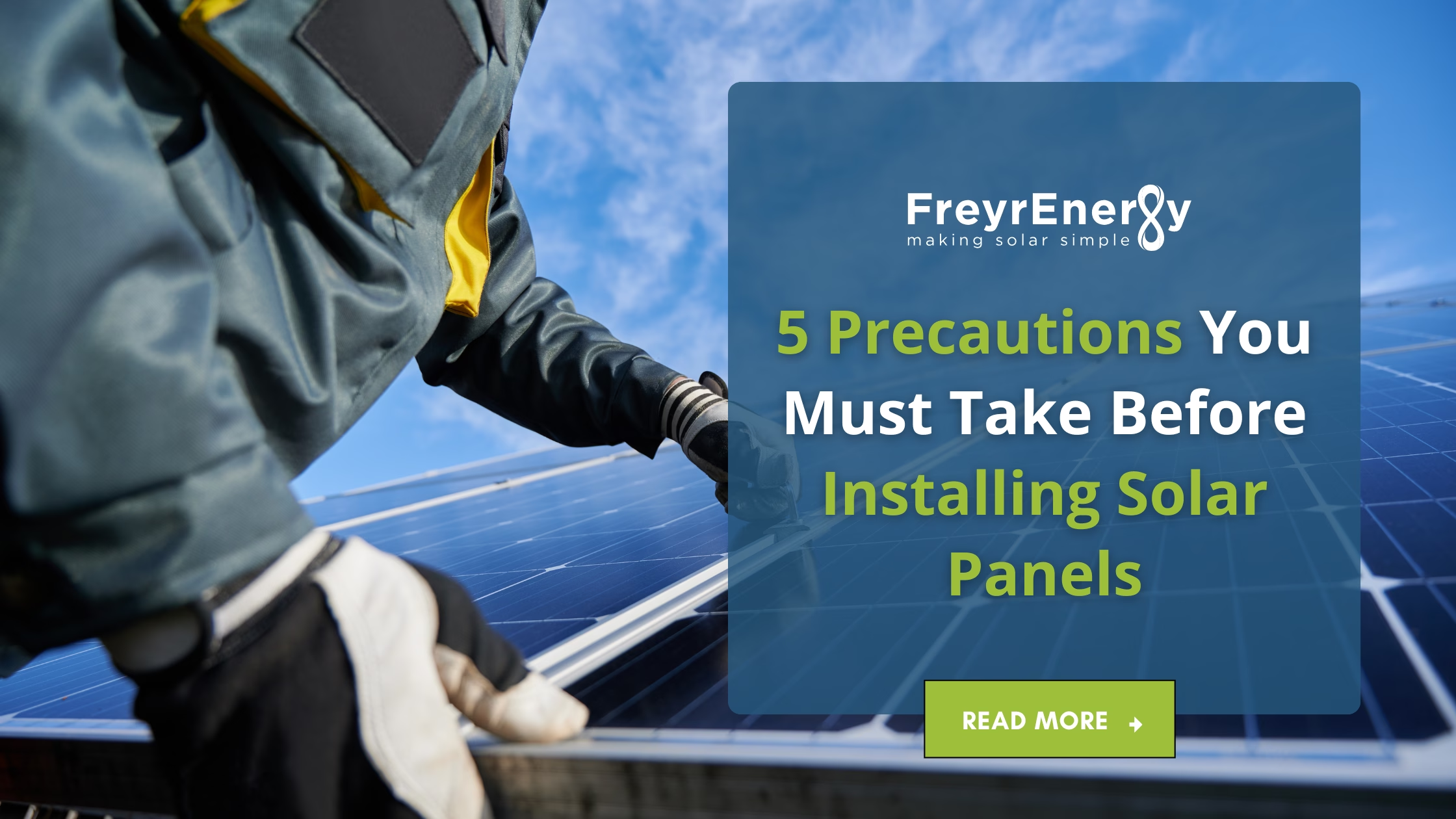Before you install your solar system, it is crucial to understand solar panel lifespan. The average life of solar panels is generally 25 years. Maintaining solar panels keeps them running for a few extra years. That’s what makes it important to understand the durability of solar panels.
A durable solar panel has more solar panel longevity. The high life expectancy of solar panels results in better performance, producing more energy. More solar energy means more savings on electricity bills. That means a greater return on your investment through your solar system.
Read through this article to understand what factors affect a solar panel lifespan. You will be better informed about solar panel quality.
Overview of Solar Panel Lifespan
Typical solar panel lifespan ranges between 25 to 30 years. However, they can work for more years, with a drop in efficiency.
Factors impacting the lifespan of PV panels are:
- material quality
- installation process
- environmental conditions
- maintenance and care
- technological advancements and
- degradation rate.
Maintaining solar panels regularly increases their performance. Regular cleaning of dust and debris is enough. It also gives you a chance to check for any damages beforehand.
The life expectancy of solar cells is higher in high-quality panels. The degradation rate for these panels is less than normal ones.
Ensure you get a fair warranty period for high-durability panels. Warranty is the commitment given by the manufacturer to replace a part of the solar system if damaged before the solar panel lifespan.

1. Material Quality
High-quality materials used in the manufacturing of solar panels greatly influence their durability. These factors also help in better efficiency and resistance to environmental issues.
High-durability photovoltaic (PV) cells are more efficient. They have a lower degradation rate. Most solar panels come with a glass covering, protecting them from physical damage. It also protects them from rain, snow and dust.
The frame is made up of anodized aluminium, which is resistant to corrosion and physical pressure. The light weight of aluminium simplifies the installation of solar panels on rooftop spaces.
High quality helps increase the life of solar panels. These panels resist harsh temperatures, moisture, and humidity. It protects them from UV radiation and other adverse effects. They remain intact despite any physical impacts. These solar panels prevent corrosion and electrical faults. A high-quality material reduces the chances of need for repairs or damage. Investing in high-quality solar panels makes a wise investment.
2. Installation Process
The installation process plays a major role in enhancing the life of solar panels. It is necessary to have a proper solar system installation. It helps solar panels to operate efficiently. A correct installation also helps solar panels resist environmental conditions and reduce damage.
Poor installation may lead to water leakage and physical damage. It results in an efficiency drop and shortens the solar panel lifespan.
Orientation and tilt of solar panels play a key role in retaining their efficiency. Ensure the solar panels face the direction that receives the most sunlight. It’s crucial to fix the mounting systems firmly.
You must choose the right company to install your solar panels. A company with vast experience is the right fit. They have all the experience and expertise to install solar systems correctly. Most importantly, they are aware of local regulations and implement best practices.
Focus on the above points while installing your solar systems.
3. Environmental Conditions
Several environmental factors influence solar power lifespan. Heat, cold, humidity, and temperature fluctuations affect solar panel lifespan and efficiency. High temperatures reduce efficiency, while a cold climate benefits solar panels. Humidity, if high, causes corrosion and electrical issues. Hail, strong winds, and heavy rains also affect the solar panel performance.
Solar panels covered with tempered glass and robust frames are considered good to resist environmental issues.
Geographical location also impacts solar panel performance. Regions with abundant sunlight produce more energy. Areas with temperature variations display lower solar panel performance, while extreme winters put more physical stress.
Other environmental issues include pollution, dust, and salt, which affect solar panel efficiency. Assessing your area’s climate and other environmental issues can maximise solar panel longevity.
Consult your solar installation company to discover options that are best fit for your location.
4. Maintenance and Care
Solar panel lifespan can be increased with regular maintenance. Maintaining solar panels is simple. You just have to remove dust and debris and inspect panels to check for any damages or loose fittings. Regular cleaning helps panels absorb more sunlight, leading to producing more energy.
No maintenance can result in decreased performance and a shortened solar panel lifespan. It may lead to higher electricity costs and possible system failures. That’s why regular maintenance is essential.
5. Technological Advancements
Technological advancements have helped increase the durability of solar panels. Perovskite solar cells, bifacial panels and tandem cells have made solar panels more strong and efficient. Despite being highly efficient, these panels have low production costs.
Perovskite solar panels can absorb a wide range of light wavelengths. Bifacial panels are designed to capture sunlight from both sides. It helps them increase energy output. Tandem solar cells have silicon combined with perovskite layers, which help them achieve high efficiency and longer longevity.
6. Degradation Rate
Solar panels naturally degrade over time. It affects their efficiency and power output. The average rate is around 0.5% to 0.8% per year. High-quality panels have a lower rate. Environmental factors like extreme temperature, humidity and UV radiation also accelerate the degradation rate.
As a solar system buyer, you must understand the degradation rate.
Conclusion
Before installing solar installation, understand the factors that affect solar panel lifespan. It helps you maximise your investment by choosing the appropriate solar panels and maintaining them properly.
When you are investing a chunk of hard-earned money in solar installations, you must understand these factors. Keeping a check on these will help you keep your investment intact.
Consult a reputed company such as Freyr Energy to understand more details. They will assist you in choosing the correct solar system and how to maintain it for years.
Frequently Asked Questions
The average life of solar panels is 25 to 30 years.
The factors that affect solar panel lifespan are:
Quality, installation procedure, environment, maintenance, technology and degradation rate.
Climate impacts solar panel lifespan in several ways. Extreme cold puts physical stress on the panels, while humidity results in corrosion or electrical issues. Extreme hot conditions reduce solar panel efficiency, while moderately cold climate increases efficiency.
Solar panel degradation is the gradual reduction in the solar panels’ efficiency and power output. It is a natural process. Degradation shortens solar panel lifespan.
Yes, minor faults on solar panels can be repaired. However, for major damages, that specific panel must be replaced.



